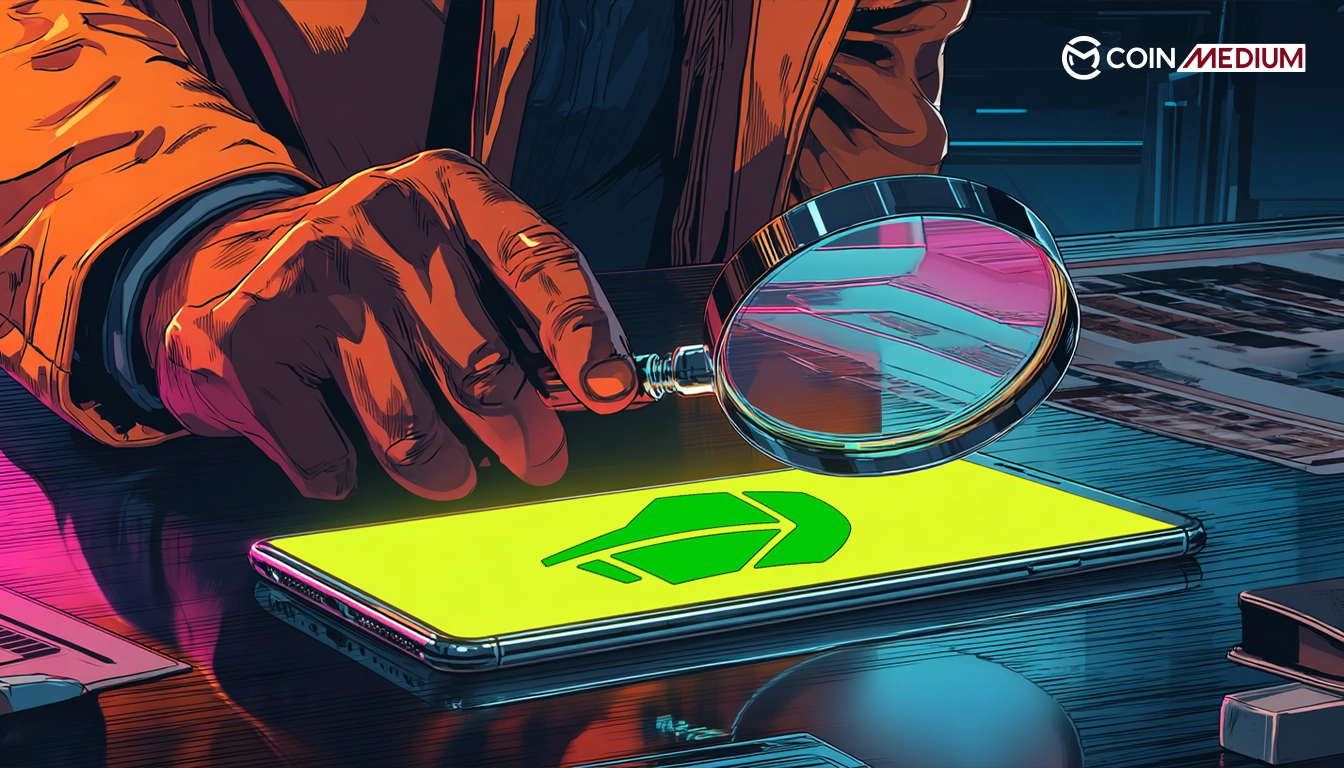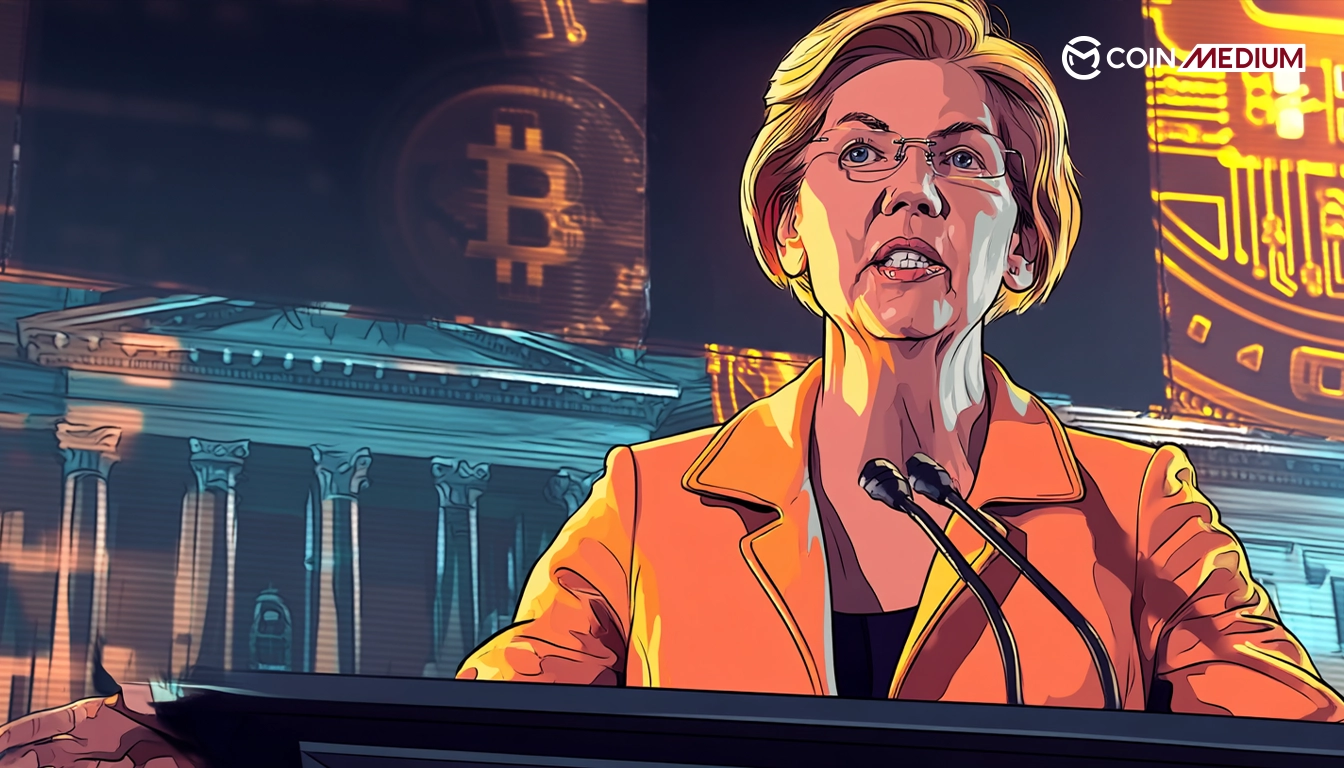Florida’s Attorney General James Uthmeier has reportedly launched a formal investigation into Robinhood Crypto LLC, to evaluate the company’s claims that it offers the “lowest cost” option for cryptocurrency trading.
According to a statement from the Attorney General’s office, a written order has been issued to Robinhood demanding internal documents that support the company’s public marketing assertions and claims that users “trade crypto at the lowest cost on average.”
Robinhood has been given until the end of July 2025 to comply.
If Robinhood is unable to provide documentation, the inquiry could lead to charges under Florida’s Deceptive and Unfair Trade Practices Act.
This is not the first time Robinhood has come under regulatory scrutiny. In December 2020, the company paid a $65 million fine to the U.S. Securities and Exchange Commission (SEC) to settle charges that it misled customers about the quality of trade execution and failed to deliver the price advantages Robinhood had advertised.
Despite the legal challenges, investor sentiment surrounding Robinhood appears relatively unaffected. The company’s stock rose 4.4% on Thursday to close at $98.70, boosted by a broader rally in the crypto market.
The investigation into Robinhood comes at a time of increased adoption and technological progress in the crypto and blockchain sectors as platforms like Ethereum and Solana push forward with infrastructure upgrades and altcoins gain momentum.
However, legal and regulatory frameworks continue to adapt, and Robinhood’s case could serve as a litmus test for how crypto platforms navigate the balance between innovation, profitability, and consumer protection in a maturing industry.
Bringing Blockchain to the Masses
Solana has rapidly become a force in driving mainstream blockchain adoption. Known for its high throughput and low transaction costs, the network has successfully positioned itself as the go-to ecosystem for developers building scalable consumer applications. By facilitating smooth user experiences and lightning-fast processing, Solana is going beyond being a technological leader and becoming the face of Web3’s usability.
Meanwhile, the Institutional Gateway and Stablecoin Powerhouse Ethereum continues its evolution with critical upgrades aimed at scalability and security. More importantly, Ethereum remains one of the preferred platform for stablecoins like USDC and USDT.
As technological confidence grows and regulatory clarity begins to emerge under the Trump administration’s crypto forward stance, attention is turning to the altcoin market.
The crypto industry finds itself at a critical inflection point right now. On one hand, we see the dawn of scalable, user-friendly blockchain infrastructure led by projects like Solana and Ethereum. On the other hand, traditional financial scrutiny is catching up to cryptonative companies like Robinhood.
As scrutiny intensifies, the message from regulators is clear: even in the fast moving world of digital assets, transparency, and accountability remain non-negotiable.



